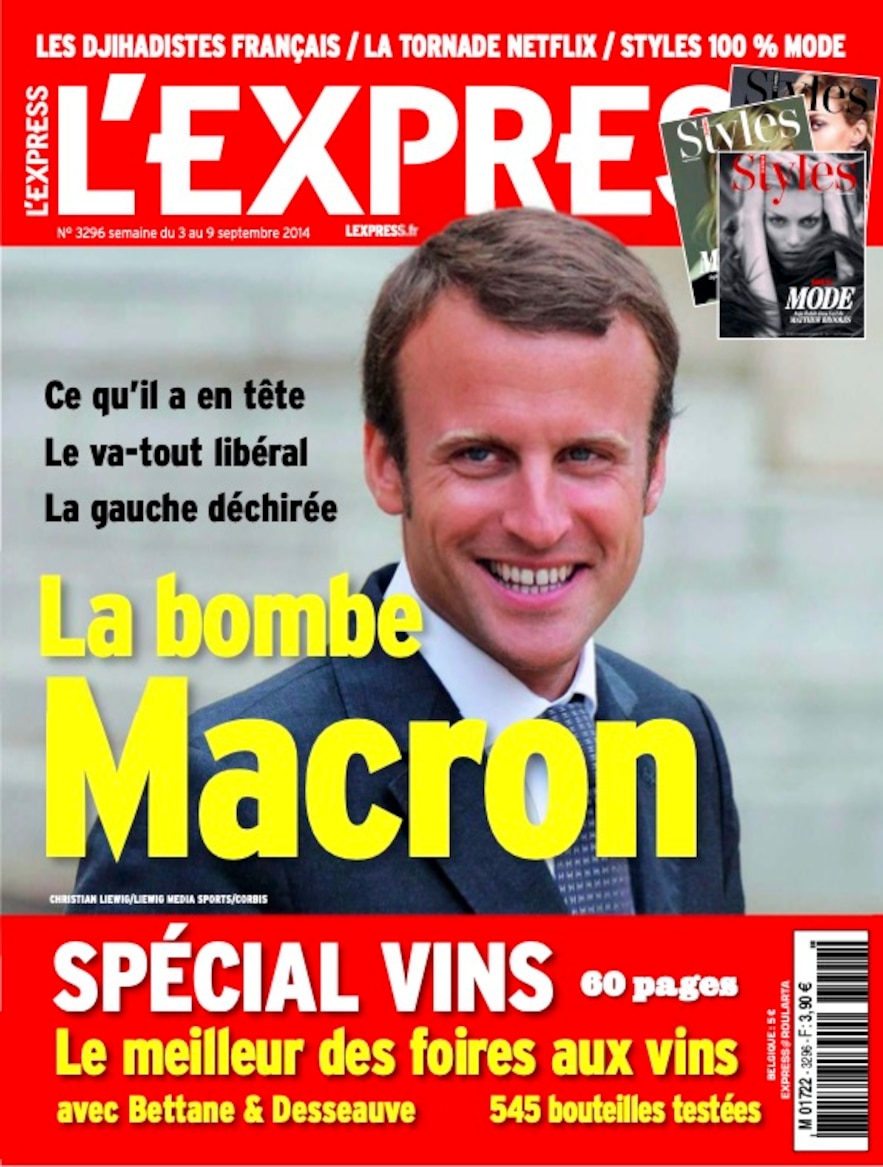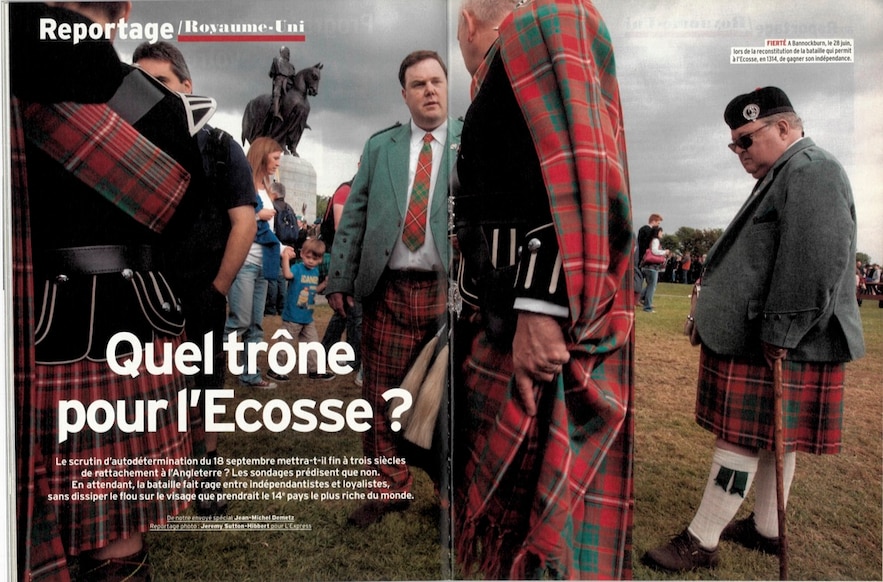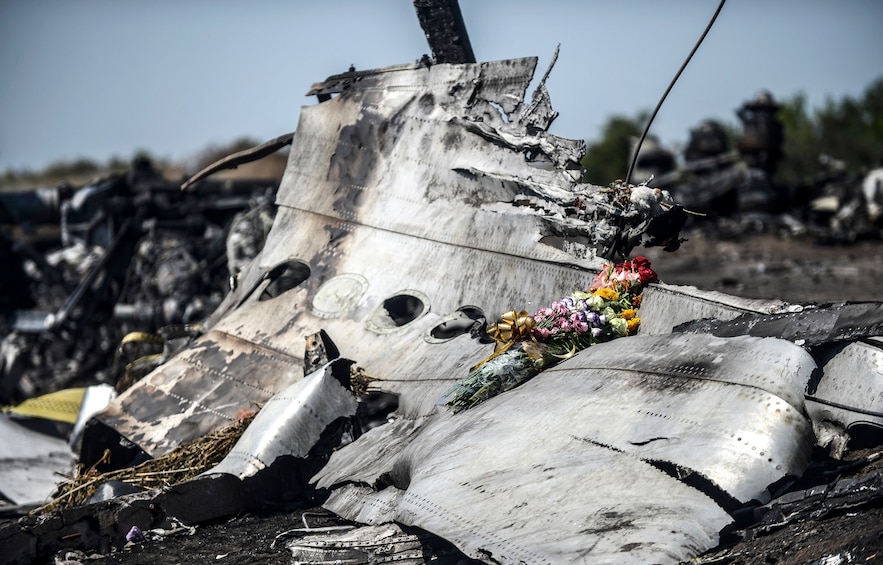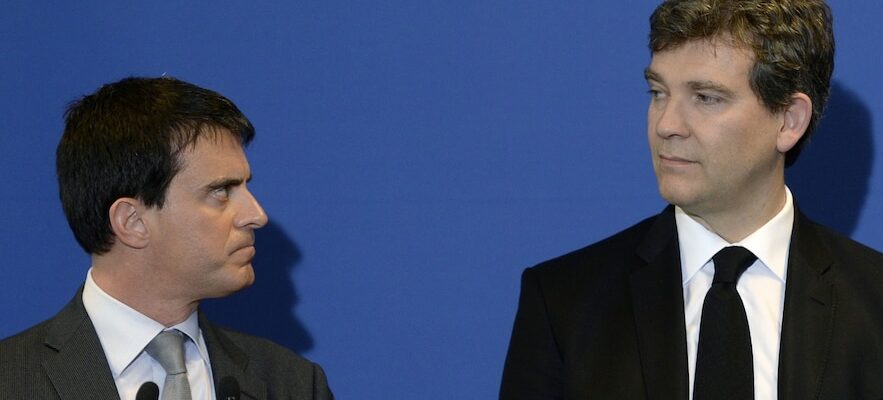From the end of the Indochina War to the Watergate affair, to the appointment of Emmanuel Macron to Bercy, rediscover through our archives Highlights of the summers of each decade between diplomatic advances, political crises and scientific progress. This week, the summer of 2004.
EPISODE 1 – Summer 54: the hope of Mendès France, the end of the Indochina war, a coup d’état in Guatemala
EPISODE 2 – Summer 64: the end of racial segregation in the United States, the birth of ORTF, the first photos of the Moon
EPISODE 3 – Summer 74: the shock of Nixon’s resignation, the decline of the majority and the Larzac struggle
EPISODE 4 – Summer 84: there demonstration for free schools, Fabius at Matignon, the Los Angeles Olympics
EPISODE 5 – Summer 94: the pre-campaign for the presidential election, the return of Arafat to Palestine, the death of Kim Il-sung
EPISODE 6 – Summer 2004: Sarkozy’s dilemma, a referendum in Venezuela, the exploration of Saturn
Valls government, act II
The ideological differences between Prime Minister Manuel Valls and Minister of the Economy Arnaud Montebourg caused growing tensions within the executive. During the summer, Arnaud Montebourg made a number of critical statements. On 24 August, during the Fête de la Rose, he admitted to having asked François Hollande for a “major change in our economic policy”. Manuel Valls’ reaction was not long in coming. The next day, he announced the resignation of his government and justified the ouster of Arnaud Montebourg by “an act of authority” that he fully assumed.
Manuel Valls (l) and Arnaud Montebourg, May 12, 2014 in Faverges
© / afp.com/Philippe Desmazes
“This is how the left goes, gone mad, threatened with explosion by the exercise of power. For a few days, the Prime Minister wanted to be the boss, but the left, decidedly, does not like bosses. “Sense of State”, “responsibilities”, hammered, on August 31 before his socialist audience, Manuel Valls, herald of “the left that governs”, before adding, thinking of Jaurès: “The best way not to give up on the ideal is not to give up on reality.” The situation is serious. The first secretary of the PS, Jean-Christophe Cambadélis, evokes June 1940, speaks of a “strange crisis” and issues a warning: “Not everyone understands the measure of the tragedy that is coming.” He does not rule out “dark prospects” for socialism, ranging from “degradation” to “split” and then to “marginalization”. The skid of Arnaud Montebourg, which led to the resignation of the government, was sanctioned in the name of “coherence”, a term that Manuel Valls has been repeating in his speeches since the formation of his second team. Except that he was already using this term the day after his arrival at Matignon, on April 2, on the 8 p.m. news on TF1. “Clarification”, at least?
The Valls brand, which was also made in relation to François Hollande, is losing its specificity. “He had made a pact with Montebourg to obtain Matignon, but also to propose another policy, believes a loyalist of the former Minister of the Economy. However, economically, he has completely aligned himself with the line of the Elysée.” After changing Prime Minister in the spring, the president confided: “If I wanted fewer conflicts, I would have kept Jean-Marc Ayrault.” Here he is served. At least the sequence allows him to escape this fatal marriage of the five-year term and the primary.”
L’Express of September 3, 2014
Bercy: Exit Montebourg, make way for Emmanuel Macron
“The Macron bomb”! To illustrate this explosive political return and describe the appointment to Bercy of Emmanuel Macron, “a rookie who has never stood for election”, L’Express hits hard on the front page and asks in its pages “What is Macron the name of?”

First appearance of Emmanuel Macron on the front page of L’Express on September 3, 2014.
© / The Express
“Ideal casting, Macron at Bercy? Symbolic casting, for sure, because the career of the former deputy secretary general at the Elysée (from May 2012 to July 2014) lends itself to caricature. Young (36 years old), brilliant (exemplary education crowned by the Inspectorate of Finance), investment banker (four years at Rothschild), liberal left-wing option (an incongruity for many), with that intellectual touch that confuses the issues: the young Macron was the assistant of the philosopher Paul Ricœur. […]
What is Macron the name of? Two political decisions by François Hollande and Manuel Valls. First, the clarification: yes, this government loves businesses, it tells them so (Manuel Valls’ speech to the Medef, on August 27) and it proves it: “The bosses are assured that at the very least they will no longer suffer hostile measures,” says one of them. To make the symbol more striking, Macron inherits a full ministry. Then, the rejuvenation: with the promotion of Najat Vallaud-Belkacem to Education, the thirty-year-old embodies the new face of Dutch social democracy. The arrival of Louis Gallois at Bercy was indeed mentioned, but, contacted at the beginning of April for the first Valls government, this boss adored by the left had said no. In August, the youth card wins.” […]
“Macron is the big winner of the sequence, he goes from anonymity to big responsibilities,” notes a collaborator of the president. A poll by the Odoxa institute (for iTélé and Le Parisien) supports the minister: 57% of French people approve of this choice, an opinion shared by right-wing (57%) and left-wing (59%) supporters. But, within the Socialist Party, the character is divisive and his new role exposes the former advisor to strong pressure. That of the media, on the lookout for the slightest (misstep?) of the beginner. That of the social networks, which greet his arrival with an explosion of fake Twitter accounts in his name. Suddenly, Emmanuel Macron creates his own, the real one, with an initial message indicating… that he is at work and will speak later. That of the socialists, finally and above all. At the summer university in La Rochelle, Macron has become a dirty word.”
L’Express of September 3, 2014
Scotland: for or against independence
In the summer of 2014, the battle rages in Scotland between independentists and loyalists and the campaign is in full swing in view of the self-determination vote scheduled for September 18. “Will this vote put an end to three centuries of attachment to England?” and “what face would the 14th richest country in the world take?” wonders L’Express. On September 18, the Scots finally vote 55% against independence.

Report on the campaign for the self-determination vote in Scotland published in L’Express on July 9, 2014.
© / The Express
“In about ten weeks, on September 18, the Scots, proud to be one of the oldest nations in Europe, will say whether they want to remain within the United Kingdom or regain their independence, lost in the Act of Union of 1707. Will they choose to reconstitute, three hundred and seven years after its disappearance, the old kingdom of Scotland? Scottish republicans have agreed to keep the monarchical form of the regime – at least as long as Queen Elizabeth is alive. As the election approaches, the most intimate convictions are required to fade away before the ultimate objective, independence. Even if it means distancing themselves from the truth of the facts and figures. In this very long referendum campaign, opened since the resounding victory of the Scottish National Party (SNP) in the local Parliament elections in 2011, the yes and no camps are storming, under the cover of a civilized and peaceful debate, with propaganda, more or less effective – and, often, misinformation.
During the 1997 referendum, which brought about devolution, limited autonomy and the rebirth of the Scottish Parliament, romantic mythology was widely exploited. But these identity issues are no longer up for debate: the Saltire, the cross of Saint Andrew, the national emblem, flies everywhere alongside the European flag when the Union Jack is rare. More than 8 out of 10 Scots claim their Scottish identity. From there to translating the old rivalry with the South into terms of political rupture… It is less on an ideological level than on the economic battlefield that the last fight is being fought. And a priori, it is the separatists, advocates of rupture, who bear the burden of proof: why take the risk of leaving the United Kingdom?
To answer this question, all the members of the local government are on a mission, from one end of the country to the other. This evening, in Cumbernauld, a sleepy village in Lanarkshire, between Glasgow and Edinburgh, in the public hall, decorated with an old tapestry and a stag’s head, it is the Minister for Training and Youth, Angela Constance, who is rolling out the argument: “In order to better combat unemployment, the time has come to take control of our welfare state, our taxation, our economy. An independent Scotland would be the 14th richest country in the world! Do not be fooled by those who claim that we cannot afford our freedom.” Hearing the questions from the audience – What future for our pensions? Will we have more social housing? How can we control public services? – the elected representative puts her finger on the sore point.
L’Express of July 9, 2014
Flight MH17 shot down over Ukraine
On July 17, 2014, a Malaysia Airlines Boeing 777 exploded in mid-air while flying over eastern Ukraine, which was controlled by pro-Russian separatists. Ten years later, the international investigation was able to establish that there are “strong indications that the Russian president decided to supply the Buk TELAR (missile) to the separatists of the DPR (Donetsk People’s Republic)”. On February 24, 2022, Vladimir Putin ordered the invasion of Ukraine by Russian troops.

Remains of the Boeing MH17 flight near Grabove on July 26, 2014
© / afp.com/Bulent Kilic
“It is a feeling of despair that can be summed up as follows: no one controls anything anymore. The destruction of the Malaysia Airlines Boeing 777 over a furious Ukraine has caused a sudden internationalization of the conflict between kyiv and Moscow. 298 human lives have been destroyed in a whirlwind of absurdity, leaving Europe in shock, in particular the Dutch nation (which alone deplores nearly 200 victims). The disaster is absolute and encompasses all parties to the conflict. Russia is summoned to the dock and is called upon to explain itself, which it will certainly not do. Its surreptitious strategy, on the other hand, is exposed to the light of day: relying on elements as disparate, undisciplined and dangerous as the separatists in eastern and southern Ukraine is tantamount to exposing oneself to uncontrollable damage – unless one intervenes directly to direct these bands, which which would go against the maneuver chosen by Putin. As for abandoning in the open countryside these groups made up in varying proportions of Russophile insurgents and unrestrained mercenaries, that would suppose a real change of tactics on the part of the Russian president.”
L’Express of July 23, 2014
